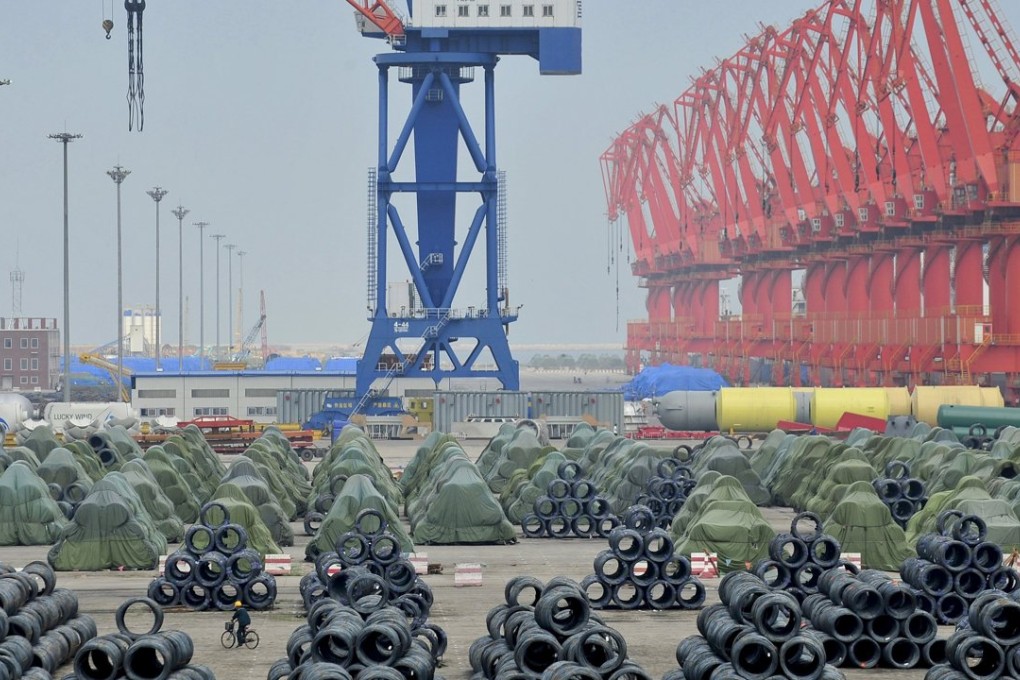Painful steel industry reforms needed to iron out overcapacity problems
Local governments that rely on plants for tax revenue seen as stumbling block

China’s steel industry needs to reforge itself through painful reforms before the world’s largest steel producer can iron out its overcapacity problems, analysts who follow the market say, though a legacy of climbdowns by reformers in the face of local intransigence will be hard to overcome.
These barriers appear because higher unemployment levels and lower production output when plants are mothballed and companies merged mean less taxation revenues for local governments and more social security costs as families turn to state support as bread winners lose their jobs.
“Two mounting issues have kept the Politburo worried: employment and debt, which could undermine social/financial stability. Policy response now makes us believe closure will be slow and Chinese steel will continue to flood the international markets,” Jefferies’ equities analysts Po Wei and Howard Lau wrote last week.
Speaking at a meeting of steel industry executives early this month, Premier Li Keqiang said the mainland would set a “ceiling” on steel production with capacity control, production cuts and rationalising inventories all part of the reform agenda.
China’s steel plant utilisation stood at around 67 per cent last year, well below the 85 per cent or above between 2000 and 2008, when the industry was on a roll. Such a grim outlook formed the backdrop to recent comments by Zhang Guangning, chairman of the China Iron and Steel Association, when he said that “in years to come, apparent consumption will see a slow reduction trend ... resulting in severe imbalances among production capacity, output and consumption”.
Two mounting issues have kept the Politburo worried: employment and debt
Crude steel apparent consumption – defined as the sum of production, net import and net decline in inventory – fell 5.5 per cent year on year to 645 million tonnes in the first 11 months of 2015, after declining 3.3 per cent in 2014, while the association’s 300-plus steel mill members recorded a combined net loss of 53.1 billion yuan (HK$62.8 billion) in last year’s first 11 months as sales shrank 19.3 per cent to 2.67 trillion yuan.
